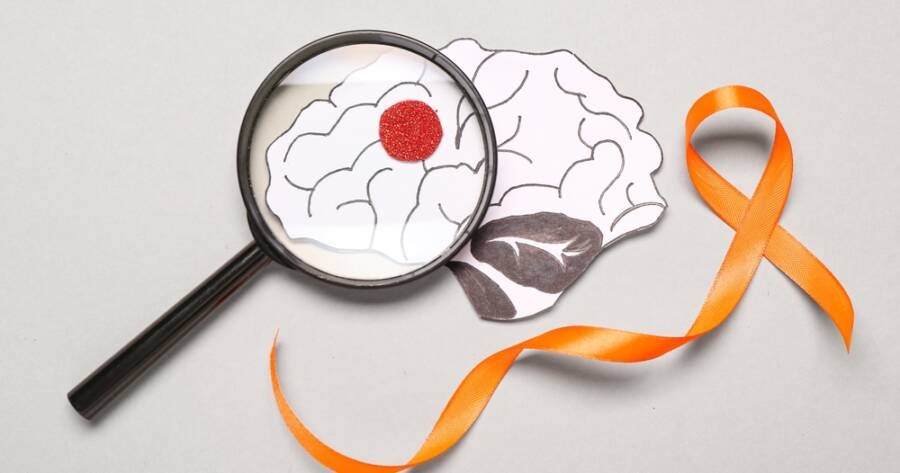Multiple sclerosis (MS) is a long-term condition that affects the brain and spinal cord. It happens when the immune system attacks the protective covering of nerve fibers, causing communication problems between the brain and the rest of the body. MS can lead to a wide variety of symptoms and affects each person differently. While there is no known cure, many treatment options are available to help manage symptoms and slow the disease’s progress, offering hope and support to those diagnosed.
Recognizing the Symptoms of MS
Symptoms of multiple sclerosis can vary greatly depending on which part of the nervous system is affected. Some people may experience mild symptoms that come and go, while others may face more severe and lasting challenges. One of the most common early signs is fatigue, which can interfere with daily activities even when a person appears healthy.
Other frequent symptoms include numbness or tingling in the limbs, muscle weakness, dizziness, and problems with balance or coordination. Some individuals may also experience blurry vision, double vision, or even temporary vision loss. In more advanced cases, MS can affect thinking, memory, speech, and even bladder or bowel function.
Because these symptoms can be similar to those of other health problems, MS is often difficult to diagnose early. Doctors usually rely on a combination of neurological exams, imaging tests like MRI, and sometimes a spinal tap to confirm the condition.
Types of MS and How They Progress
There are several forms of multiple sclerosis, and the course of the disease differs from person to person. The most common type is relapsing-remitting MS (RRMS), where people experience episodes of new or worsening symptoms (called relapses), followed by periods of recovery (remission). During remission, symptoms may completely or partially disappear.
Another form, secondary progressive MS (SPMS), often begins as RRMS but eventually becomes more steadily progressive, with fewer or no periods of remission. Primary progressive MS (PPMS) is characterized by a gradual worsening of symptoms from the start, without clear relapses or remissions. The rarest form, progressive-relapsing MS (PRMS), involves a steady decline from the beginning along with occasional relapses.
Understanding the type of MS a person has helps guide treatment decisions and gives a clearer picture of what to expect in the long run.
Treatment Options for Managing MS
Although there is no cure for multiple sclerosis, several treatments can help manage symptoms, reduce flare-ups, and slow the progression of the disease. One of the most important categories of treatment is disease-modifying therapies (DMTs). These medications aim to reduce inflammation and prevent the immune system from attacking the nervous system. DMTs are available in various forms, including injections, oral pills, and infusions.
For treating specific symptoms, doctors may prescribe medications to manage muscle spasms, pain, fatigue, or bladder issues. Physical therapy can also help improve strength, mobility, and balance. Some people benefit from occupational therapy, which focuses on maintaining independence in daily tasks.
In cases of acute relapses, doctors might recommend corticosteroids to reduce inflammation and speed up recovery. Counseling or mental health support may be useful as well, as MS can take a toll on emotional well-being.
Complementary approaches such as yoga, massage, or meditation may help with stress and relaxation. However, these should be seen as additions to, not replacements for, medical treatment.
Living Well with MS
Being diagnosed with multiple sclerosis can feel overwhelming, but many people with the condition go on to live full, active lives. A supportive care team—including neurologists, therapists, and other healthcare providers—can make a big difference in managing the disease.
Lifestyle choices also play a role in how MS affects daily life. Eating a healthy, balanced diet, staying physically active within one’s limits, and getting enough rest can all contribute to better health. Avoiding smoking and excessive alcohol use is also important, as these can worsen MS symptoms or interfere with treatment.
Support groups and community resources can help people feel less alone and provide practical tips for coping with challenges. Staying informed and engaged in your care helps promote a sense of control and confidence.
Moving Forward with Strength and Support
Multiple sclerosis is a life-changing condition, but it doesn’t have to define you. With early diagnosis, effective treatment, and the right support system, many people manage MS successfully for years.
Ongoing research continues to improve treatments and understanding of the disease, offering more hope than ever before. If you or a loved one is facing MS, know that help is available, progress is possible, and you are not alone in the journey.
